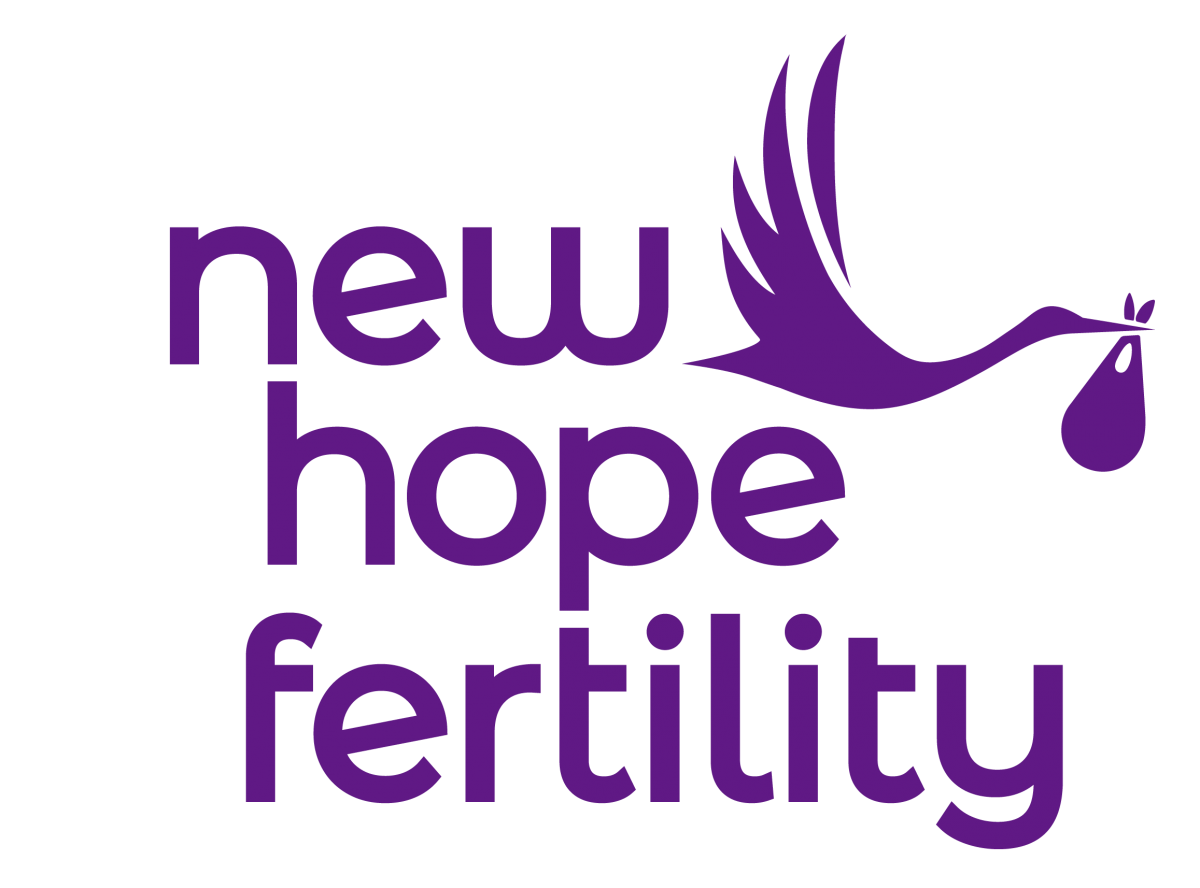There are plenty of things to consider when trying to conceive, from calculating fertility windows to focusing on antioxidant consumption and worrying about a workout routine.
“Does exercise help you conceive? How much exercise do I need? Can you exercise too much? Will excessive exercise impact my ability to conceive?”
It can all be a little overwhelming. And so, with that in mind, let’s take a closer look at the issue by answering some of the most commonly asked questions about the relationship between exercise and fertility.
**Be sure to speak with your fertility doctor before beginning or altering any exercise program, especially if you have pre-existing health conditions.
Should I Exercise When Trying to Get Pregnant?
The simple answer is: Yes! The experts all agree that exercise offers myriad health benefits at any stage in life, and that includes when you’re attempting to conceive. Being active can improve circulation, balance hormones, and relieve stress—all very helpful when trying to become pregnant. Most notably, regular exercise, when coupled with a healthy diet, can prevent or combat obesity, one of the leading causes of infertility.
Luckily, just 30 minutes a day of moderate to intense workouts, such as swimming, walking, or yoga, can lead to healthy weight loss and decrease the risk of ovulatory-factor infertility considerably.
How Does Exercise Affect Fertility If I Do High-Intensity Workouts?
If you’re determined to do high-intensity exercise when trying to get pregnant, the key is to find the right balance between comfort and exertion. You’ll want to maintain a level that will allow you to reap the health benefits of working out without inhibiting ovulation.
It’s important to remember that while some women see positive results using exercise for fertility improvements, too much of a good thing can often be detrimental. Working out too intensely, for instance, or for longer than seven hours a week, can actually lead to ovulatory issues in some women, particularly if their BMI drops below 18.5.
Vigorous exercise can even affect those who find themselves in the “normal” BMI range by lowering progesterone levels during the luteal phase of the menstrual cycle, interfering with a fertilized egg’s ability to attach itself to the uterine lining. High-intensity workouts, such as CrossFit, can also induce a change in leptin levels, which regulate metabolism, leading to a loss of appetite that can cause exercise-induced infertility.
A good rule of thumb when it comes to exercise and fertility is to find something that energizes you without leaving you exhausted.
Should I Exercise while Undergoing Fertility Treatments?
It depends. Four hours or more per week of intense exercise, for example, can reduce the success of in vitro fertilization. Generally, however, it’s okay to continue exercising as long as you keep your workouts to around 30 minutes of moderate activity a few times a week (depending on your personal circumstances and what your physician recommends).
High-intensity and high-impact activities are not advised; strive for light-to-moderate intensity workout levels. There are also certain times during the IVF treatment cycle when most fertility doctors recommend avoiding workouts altogether, with the week of egg retrieval being one of those.
Can I Exercise after Embryo Transfer?
The two-week period after the embryo transfer, when you’re waiting for the egg to implant, is another time that you’ll want to be especially careful about exercising. During this crucial time, it’s important to avoid strenuous or extended workouts, as they may hinder the body’s ability to accept the embryo.
Rather, go for a long walk or do a light yoga workout to keep the body active and the mind occupied!
Why New Hope?
New Hope Fertility Center is home to world-renowned fertility specialists. We custom-design fertility treatments for the individual to increase the chances of a successful pregnancy. Our specialists believe in putting the patient first and being with them through every step of the fertility journey. Our team is well-versed in helping women of all ages reach their fertility goals and we are passionate about educating, and supporting our patients throughout their journey. If you want compassionate fertility care, New Hope is the right place for you. Call us at (347) 970-8479 or schedule your initial consultation today!

